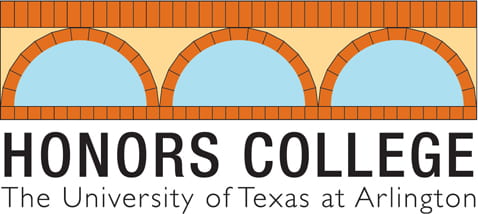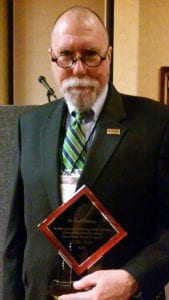
When it comes to being a proactive science learner, it’s a matter of asking good questions. But sometimes you might be asking yourself, “why don’t I get it?”
So, why is science easy for some students but not for others? And what does it take to become a good learner?
 Dr. Ann Cavallo will answer these and other questions at the upcoming Honors Colloquium. Dr. Cavallo said there are many factors to take into account when it comes to studying science and there’s not one magic method of learning. She’ll speak in more detail about the development of reasoning skills and — in particular — the differences between cognitive and affective learning.
Dr. Ann Cavallo will answer these and other questions at the upcoming Honors Colloquium. Dr. Cavallo said there are many factors to take into account when it comes to studying science and there’s not one magic method of learning. She’ll speak in more detail about the development of reasoning skills and — in particular — the differences between cognitive and affective learning.
Dr. Cavallo said the affective learning applies to self-efficacy, confidence and motivational factors while cognitive learning applies to logic and reasoning skills.
She also said the way students learn a set of reasoning skills that are required for science that may not apply to other subjects — like history. It’s all about learning how to change the approach between subjects. Continue reading
 The symposium will be held at various rooms at University Center. The event is open to all students, faculty and staff.
The symposium will be held at various rooms at University Center. The event is open to all students, faculty and staff.


